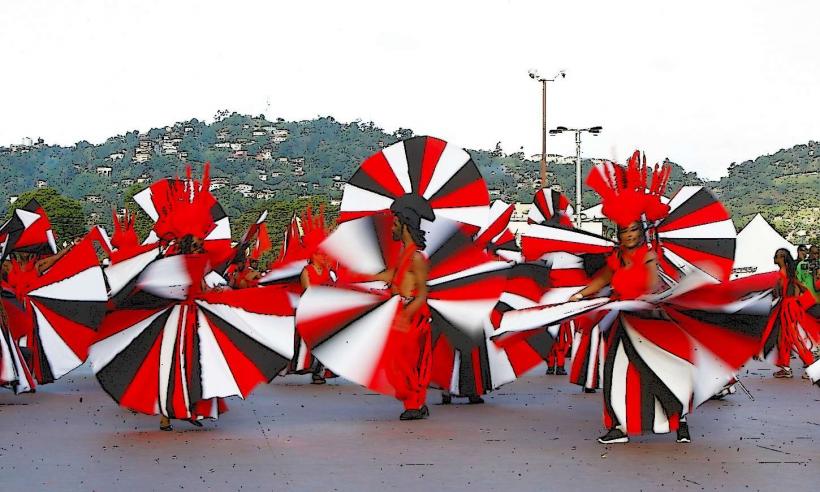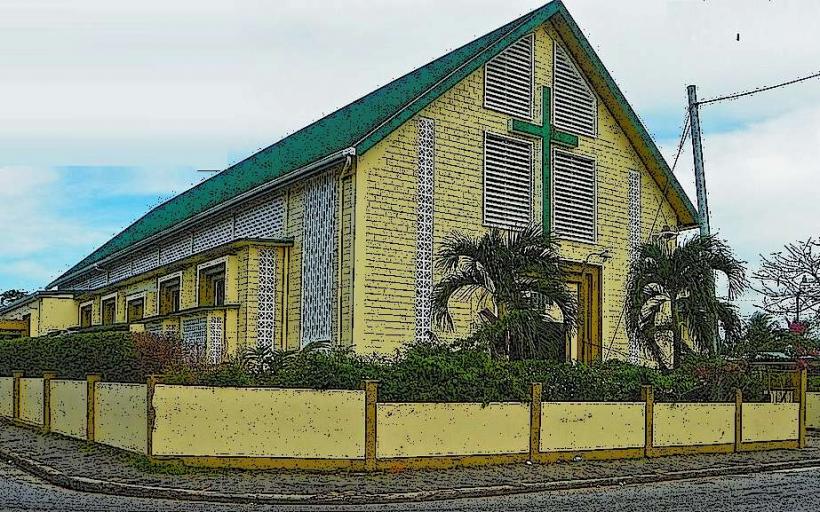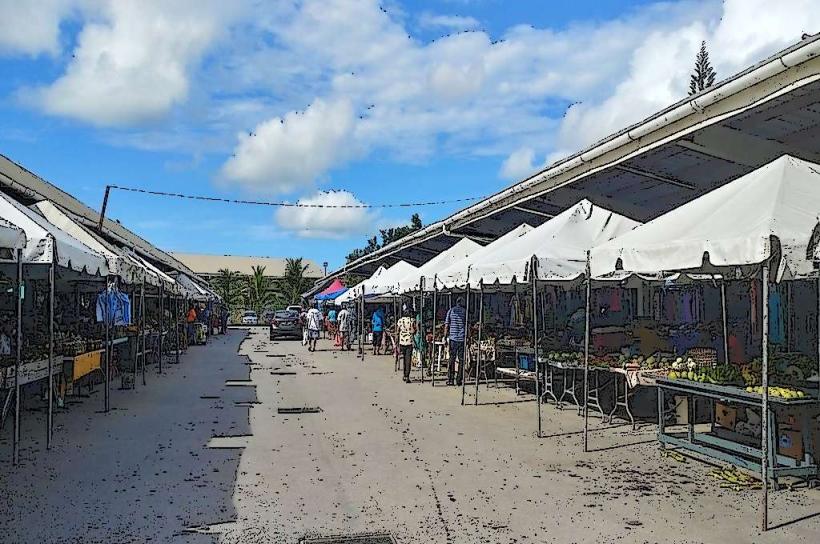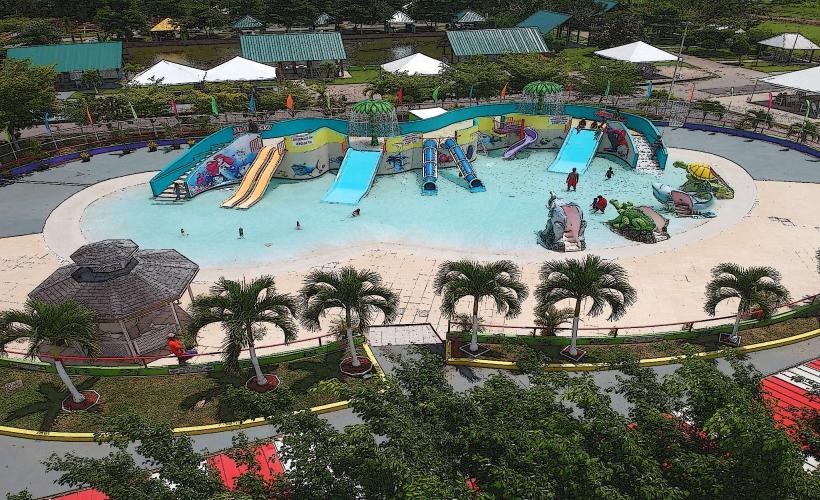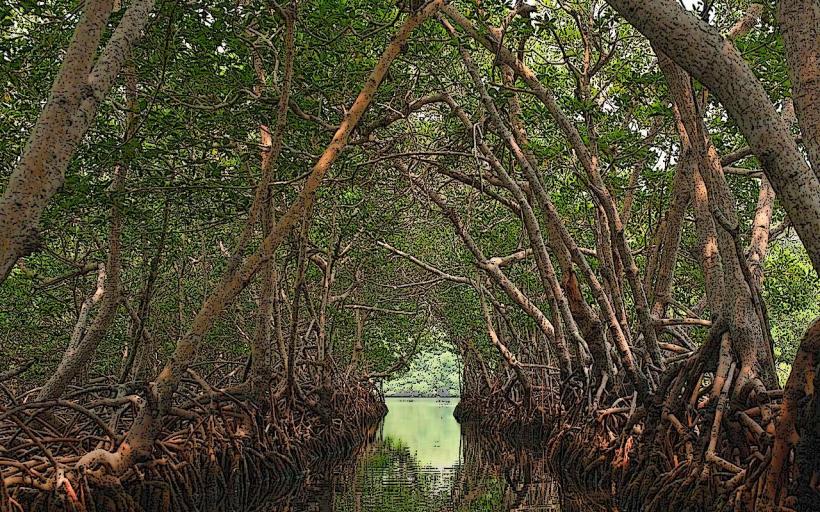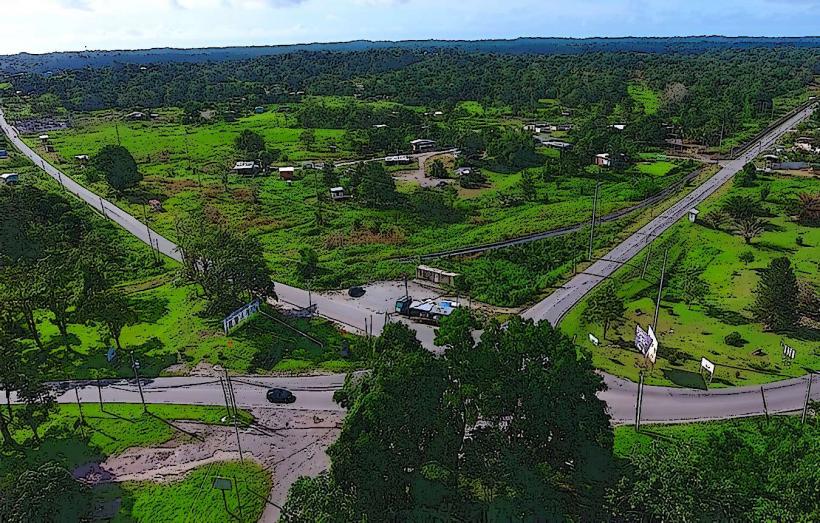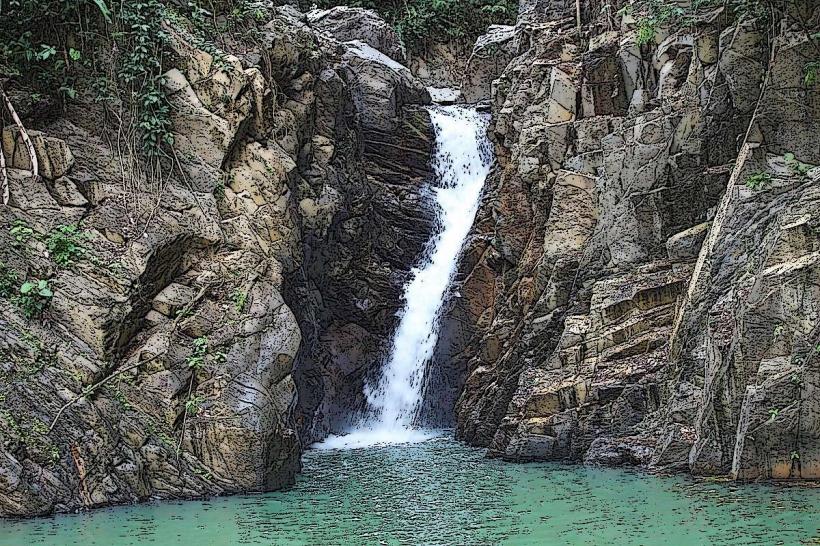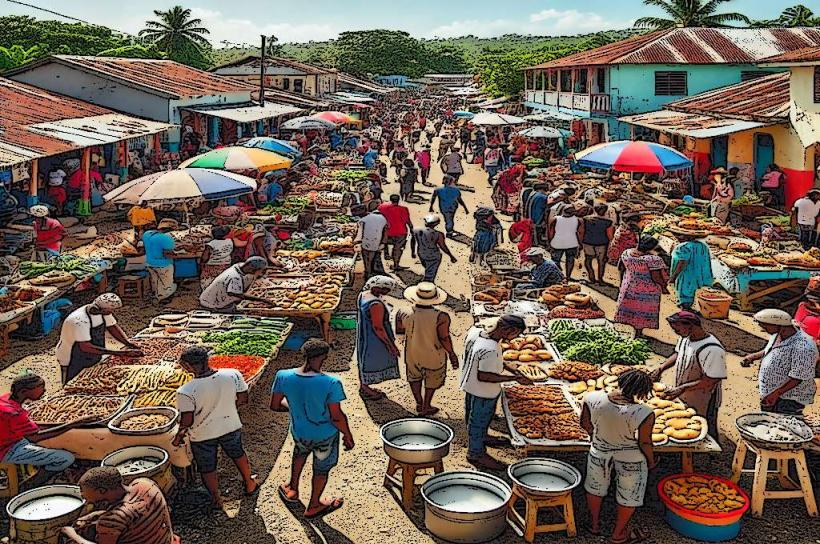Information
City: Penal and DebeCountry: Trinidad and Tobago
Continent: North America
Penal and Debe, Trinidad and Tobago, North America
Penal and Debe serve as the dual commercial and cultural heart of the Indo-Trinidadian community in southern Trinidad. These neighboring towns are the primary hubs for the Penal-Debe Regional Corporation and function as critical nodes for the agricultural and energy sectors, located approximately 15 kilometers south of San Fernando.
Historical Timeline
The development of Penal and Debe was driven by the expansion of the sugar industry and the arrival of East Indian indentured laborers in the late 19th and early 20th centuries. The town of Debe gained prominence following the extension of the Trinidad Government Railway, which facilitated the movement of agricultural goods. The discovery of oil and natural gas in the surrounding areas (Siparia and Barrackpore) transformed the local economy from purely agrarian to a mixed industrial-commercial base.
Demographics & Population
The regional corporation has a population of approximately 90,000. The demographic is predominantly Indo-Trinidadian, which profoundly influences the local cuisine, religion, and social architecture. It is known for having a highly educated workforce and a strong tradition of family-owned entrepreneurship.
Urban Layout & Key Districts
The area is organized along the Siparia Erin Road and the Sir Solomon Hochoy Highway extension.
Debe: The "Food Capital," famous for its concentration of street food vendors near the old railway line.
Penal: The administrative and commercial center, featuring large shopping plazas and service industries.
Barrackpore: A sprawling agricultural and oil-producing district to the east.
University of the West Indies (South Campus): A modern academic landmark located in Debe.
Top Landmarks
Debe Food Strip: A world-famous destination for traditional Indo-Trinidadian street foods (Doubles, Saheena, Baiganee).
Fun Splash Water Park: A major regional recreational site.
Penal Market: A vibrant hub for fresh agricultural produce and local spices.
Siewdass Sadhu Shiva Mandir (nearby): Though located in Felicity, residents frequent local Hindu temples of similar architectural significance.
Transportation Network
Movement is dependent on the Sir Solomon Hochoy Highway, which now terminates in the Debe/Penal area.
Maxi Taxis: Black-banded maxis connect the region to San Fernando (approx. 20–30 minutes).
Shared Taxis: The primary mode for moving between Penal, Debe, and Siparia.
Road Density: High traffic congestion occurs during peak hours on the Siparia Erin Road.
There is no active railway or airport; transit is exclusively road-based.
Safety & "Red Zones"
The area is generally safe during the day. Avoid isolated agricultural traces in Barrackpore after dark. Petty theft occurs in crowded market areas. Use only "H" registered taxis. While not classified as a "Red Zone," the region has seen an increase in home invasions in affluent residential pockets; exercise standard security precautions.
Digital & Financial Infrastructure
Fiber-optic internet is widely available in the town centers and modern residential developments. The area is a major banking hub for the south; large branches of Republic Bank and Scotiabank are located in Penal. The economy is cash-heavy for small vendors but accepts cards in plazas.
Climate & Air Quality
The region has a tropical monsoon climate. Air quality is fair, though it can be affected by "slash and burn" agricultural practices in the dry season and industrial emissions from the nearby Point Fortin/Siparia energy corridor.
Culture & Social Norms
The culture is centered on Indo-Trinidadian traditions. It is a major hub for Chutney music and religious festivals such as Divali and Eid-ul-Fitr. Social norms are polite and family-oriented. Tipping is 10-15%. Dress is casual-neat.
Local Cost Index (TTD)
1 Espresso: 25–40 TTD
1 Standard Lunch (Doubles/Roti): 15–50 TTD
1 Taxi Ride (to San Fernando): 15–25 TTD
Nearby Day Trips
Pitch Lake (La Brea): 30 minutes west.
Quinam Beach: 40 minutes south, a popular local beach at the end of the Siparia-Erin Road.
Siparia: 15 minutes west, home of the "La Divina Pastora" shrine.
Facts & Legends
Debe is the only place in Trinidad where "Debe Doubles" is considered a distinct culinary sub-genre. A local legend involves the "Soucouyant" (vampiric spirit) said to haunt the old sugar cane traces. Historically, the area was the backbone of the "Sugar Belt," once owned by the Usine Ste. Madeleine sugar refinery.

